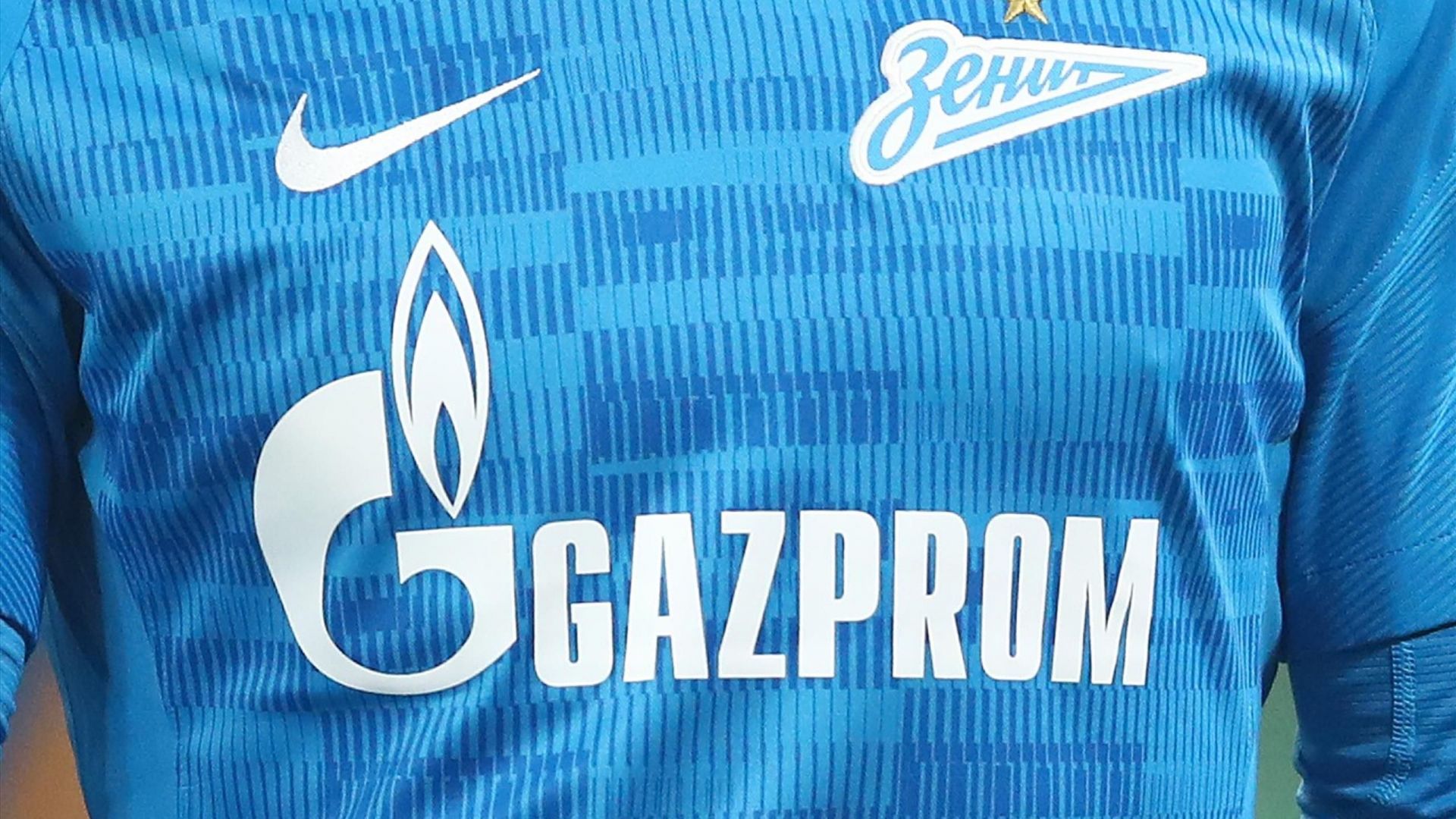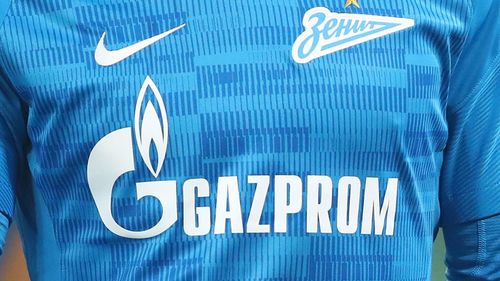
Zenit Expected to Stay Dominant Despite Sanctions on Russia

Among the many clubs that will suffer in the aftermath of Russia's invasion of Ukraine, Zenit St. Petersburg are an exception. The Russian footballing paradigm at large has suffered a major blow in the last couple of weeks. UEFA and FIFA decided to ban Russian outfits and the national team from European and global competitions.
The sanctions on the Russian economy have pummeled the rubble. This will also make it less attractive for the top-division teams in Russia to look outside for player recruitment.
For some of the teams that include the likes of Lokomotiv Moscow and Spartak Moscow, the challenges are even bigger. These teams rely heavily on their participation in Europe to compete with Zenit on financial terms. They also stand a chance of losing valuable sponsorship deals as well.
Spartak, for instance, have struggled enormously on the domestic scene this season as they sit in ninth position in the league. On top of that, their expulsion from the Europa League will hurt their financial prospects with no certainty on how long the ban will stay.
Otkritie Bank, which is one of the club's sponsors, are also struggling heavily to meet with the current domestic bank runs. Despite the backing of majority shareholder Lukoil, Spartak's viability in the near future remains a big toss-up.
Apart from the top teams in the division, the lower and mid-table teams are also set to lose much of their financial wield. The Premier League and EFL have also pulled out of their respective TV deals. For those that recently made it to the top-flight - FC Khimki and Novgorod - their returns on RPL participation are also projected to fall.
What sets Zenit St. Petersburg apart?
Zenit, however, are expected to stay clear of the rest despite the sanctions.
The Russian powerhouse has made it quite clear that European participation is secondary to the club's financial wield. Despite not making it out of the group stages of the Champions League once in the last six years, Zenit's financial muscle is second to none.
Backed by gas giants Gazprom, the reigning Russian title-holders possess an incredible investor.
The Russian president has already warned Europe of cutting its gas supplies via Nord Stream 1 in response to the sanctions imposed by the West. Interestingly, Gazprom owns 50% of the Nord Stream project.
Given Europe's heavy reliance on Russian natural gas supplies, Gazprom is a direct leverage for the Russian regime. In no way will Gazprom suffer from any of these sanctions given how big a presence it has in Europe. As it stands, they also own a majority stake in FC Shalke in the Bundesliga and Red Star Belgrade in the Serbian top division.
Zenit, for sure, will have fewer worries than their rivals despite the ongoing sanctions against Russia. They will be able to continue to poach European talent even if they do not have anything to show for in Europe.